The School of Journalism and Media Studies (JMS) will mark its 50th anniversary by honouring 50 of its most distinguished alumni. The first ten will be celebrated at a graduation ball on Friday, 8 April.
This graduation season is a return to in-person events for Rhodes University, and newly-minted journalism graduates will be capped at three ceremonies on Thursday and Friday.
“The ten we will honour on Friday at the ball are Guy Berger, Zubeida Jaffer, Rich Mkhondo, Krivani Pillay, Margaret Jjuuko, Harugumi Mutasa, Pippa Erhlich, Yusuf Omar, Zikhona Tshona and Kathryn Cleary. We intend to recognise both those who have had very distinguished careers and impacts and those who have more recently graduated but are already making their mark,” said Prof Anthea Garman, head of the School.
JMS will celebrate this anniversary with a year of events that draw on its history to inform its future. Highlights include lectures and workshops on World Press Freedom Day (3 May) and South African Media Freedom Day (19 October) and two colloquia for journalism educators (planned for June and September).
A souvenir book of alumni writings and images is planned, and a monograph on South African journalism history. Cue, the beloved National Arts Festival newspaper, will be revived after two years of Covid, with a schools component. All the details can be found on the website www.JMS50.ru.ac.za
The School is also delighted to announce that the 50th-anniversary programme is guided by seven outstanding alumni who serve on an external steering committee: Zubeida Jaffer, Rich Mkhondo, Stephen Grootes, Sherwin Bryce-Pease, Janet Heard, Heather Robertson, and Luzuko Jacobs. This is the beginning of an alumni board that, in the future, will advise and work with School teachers on curricula, research, outreach and media making.
“The school was six years old when I arrived 44 years ago. I am delighted to serve on this committee to mark this significant milestone,” said Zubeida Jaffer.
About the ten honorees
Guy Berger is UNESCO’s Director for Freedom of Expression and Media Development. He is the only non-journalist to receive the SA National Editors’ Nat Nakasa Award for Media Integrity. As a student at Rhodes in the 1970s, he founded and edited a local community newspaper Izwi laseRhini. He served as the head of the JMS department and then school from 1994 to 2010. After imprisonment and exile in the 1980s, he edited New Era, was CEO of South and led the formation of the Independent Media and Diversity Trust, a precursor to the Media Development and Diversity Agency.

Zubeida Jaffer worked for the community newspaper Grassroots and was a key organiser of the United Democratic Front. She was arrested and detained without trial twice during the 1980s. She obtained her MA from Columbia University in 1995. She is the first woman in Africa to win the foreign journalist award from the National Association of Black Journalists in the US and recently received the Allan Kirkland Soga Lifetime Achievement Award. She is the author of three books.
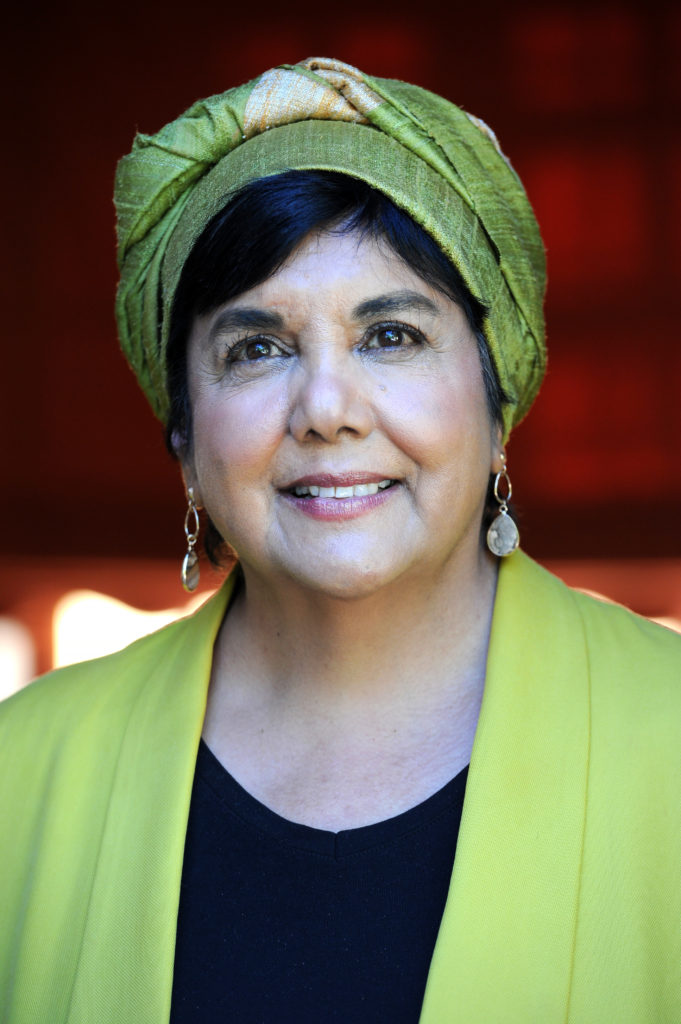
Rich Mkhondo worked for the Rand Daily Mail, Reuters News Agency, Pretoria News and The Citizen before moving into marketing communications. He has been Managing Director of Ogilvy Public Relations Worldwide/South Africa, Deputy General Manager for marketing services at Discovery, Executive Manager for Corporate Communications at South African Airways, Chief Communications Officer of the 2010 FIFA World Cup local organising committee and MTN’s Group Spokesperson. Now he runs The Media and Writers Firm.
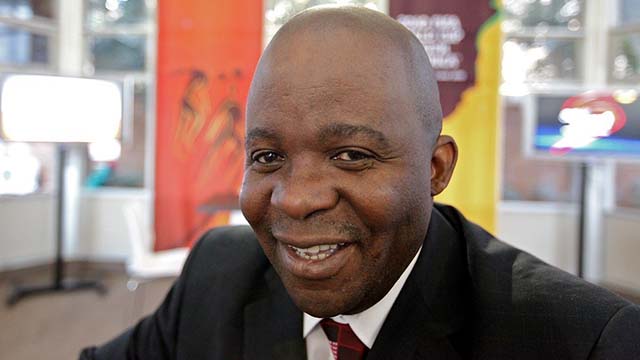
Krivani Pillay is known for her high-profile journalism at the SABC (Lotus and SAFM), Primedia (Eyewitness News), and eNCA. She was Executive Producer for Current Affairs at SABC News during Hlaudi Motsoeneng’s tenure as Group COO when she and seven of her colleagues (the SABC 8) challenged the autocratic editorial policies imposed on news broadcasts at the station. The SABC 8 paved the way for Parliament’s first-ever inquiry into the SABC, which led to the suspension of Motsoeneng and the dissolution of the SABC board. Since 2019 she has been working for the United Nations as Partnerships and Development Finance Officer.
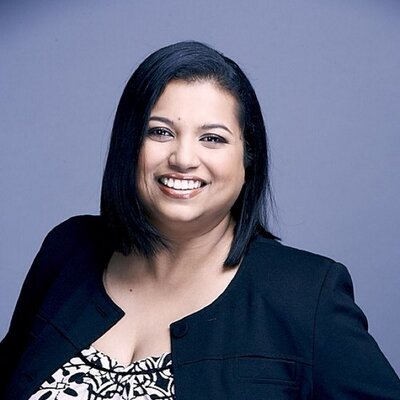
Margaret Jjuuko is an associate professor of journalism, media and communication studies and coordinator of the MA programme at the School of Journalism and Communication at the University of Rwanda. She graduated from JMS with a doctorate. She has taught and consulted on media training and development projects in Rwanda, Uganda, South Sudan, Kenya, Tanzania, Burundi and South Africa. She is a board member of the East African Communication Association.
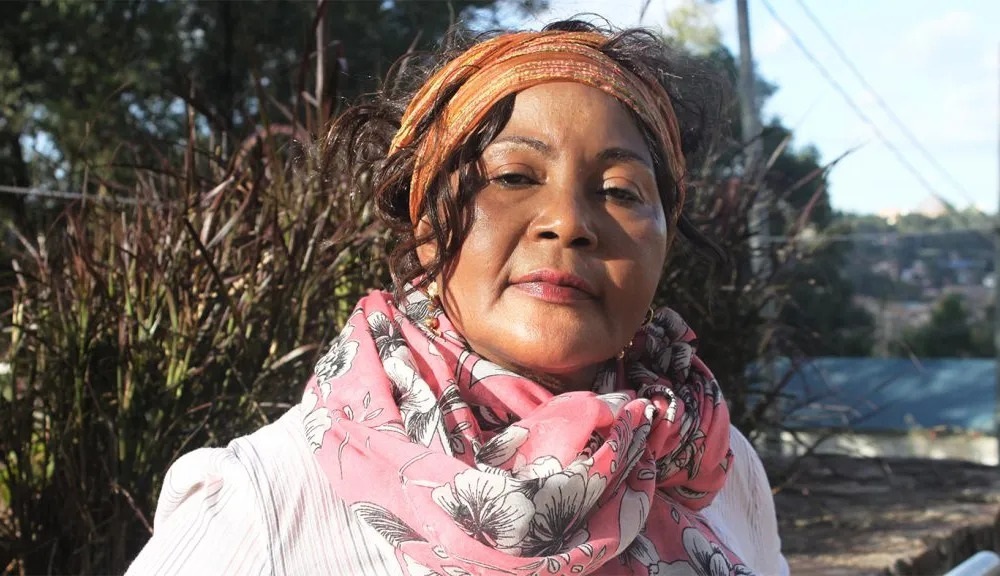
Harugumi Mutasa was hired immediately after graduation in 2005 by Al Jazeera when the news network was still gearing up for the launch of its English channel. When it launched in November 2016, Haru was one of the foremost on-air Africa correspondents reporting from Darfur in Sudan. Haru has covered events in Somalia, Chad, Niger Delta, Kenya, Zimbabwe, DRC, Burundi, Ivory Coast and South Sudan.
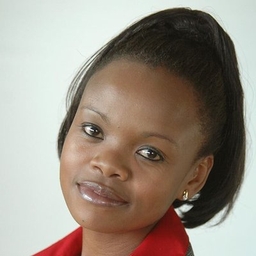
Pippa Erhlich started her career as a researcher and production assistant at Flying Fish productions, producing excerpts for Carte Blanche. Since 2017 she has worked for the Sea Change Project. Pippa was a co-director, co-writer and co-editor of the 2020 Netflix-produced documentary film, My Octopus Teacher. She received an Academy Award for Best Documentary Feature, a British Academy Film Award for Best Documentary and an American Cinema Editors Award for Best Edited Documentary.
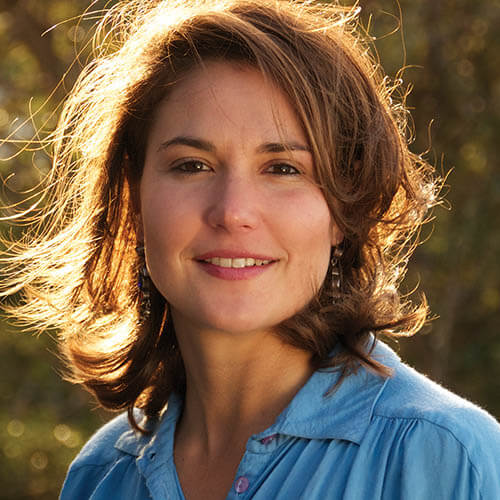
Yusuf Omar covered the war in Syria by using only his smartphone. Co-founder of Hashtag our Stories, Yusuf has been a strong proponent of on-the-move, hyperlocal, mobile journalism. He won the Vodacom Editor’s Choice Journalist of the Year in 2015 and the Thomson Foundation’s Mobile Journalist of the Year in 2016. He graduated from JMS with a postgraduate diploma in 2010.

Zikhona Tshona is a four-time winner of the Vodacom Journalist of the Year awards. She works as a senior reporter for Newzroom Afrika. She graduated with a BJourn from JMS in 2011 and was hired by eNCA, where she worked for 11 years. She was then head-hunted to be part of the team that launched South Africa’s first black-owned talk radio station Power FM and was the producer of the drive-time show.
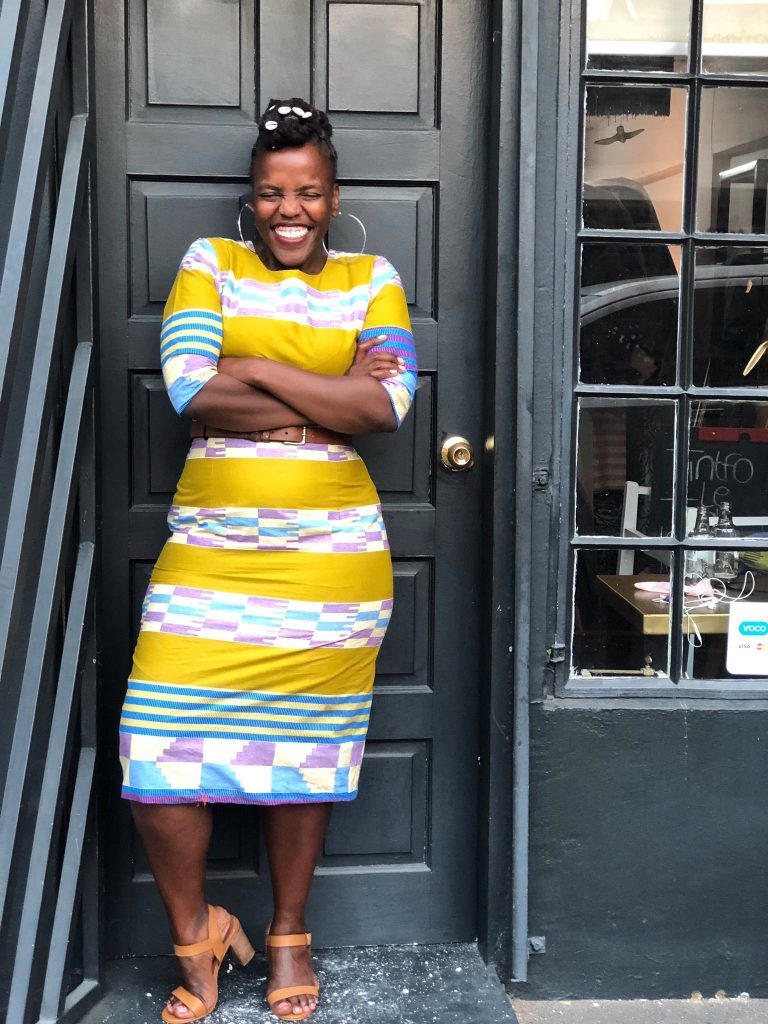
Kathryn Cleary worked for Grocott’s Mail before becoming a freelance journalist and regular contributor to Spotlight, a mainly online publication monitoring the country’s health systems. In 2019 she won the Vodacom Journalist of the Year Regional Award for Data Journalism, and in 2020 was the overall winner of the Isu Elihle Awards for child-centred journalism. Since 2021 she has been engagement co-ordinator for the Internews Health Journalism Network.
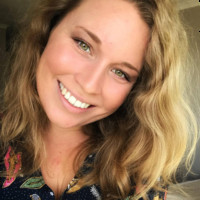
Source: School of Journalism and Media Studies



